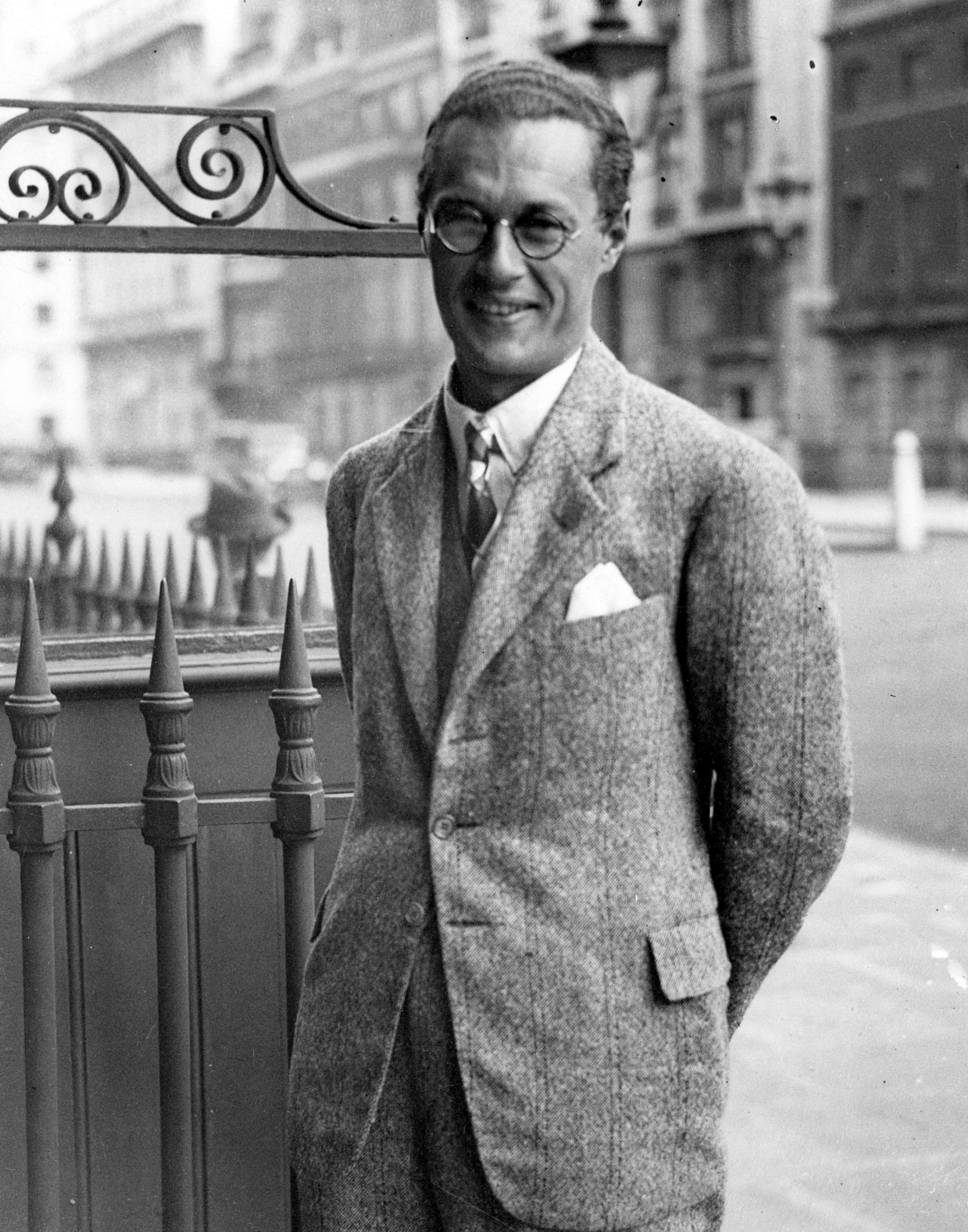Kazimierz Wierzyński was one of the most outstanding Polish poets of the 20th century, a prose writer and essayist. He was born into the family of the son of a Polonised Austrian, surnamed Wirstlein. He was born on 27 August 1892 in Drohobych, two years after Bruno Schulz, another famous writer connected with this town.
After finishing gymnasium in Stryj, he studied philosophy, literature, German studies, and history at the universities of Krakow, Vienna and Lwów (today’s Lviv). After the outbreak of the First World War, he joined the Polish voluntary military formation, the Eastern Legion, and after its dissolution was conscripted into the Austrian army. He took part in the Polish-Soviet War as a propaganda officer.
During the Second Polish Republic, as co-founder of the Skamander poetic group, he became the centre of literary life. His debut volume Spring and Wine (1919) became one of the most important poetry books of interwar Poland. For his volume of poetry ‘Olympic Laurel’, he was awarded a gold medal in the Literary Competition of the 1928 Olympic Games in Amsterdam. After the death of Józef Piłsudski, Wierzyński published an important work that was a collection of poems – “Tragic Freedom”, a kind of spiritual testament to the Marshal of Poland, connected with the legacy of Romanticism and the Polish independence tradition. As an writer, Wierzyński sought his place in the world of culture and nature as well as history.
After the German attack on Poland in September 1939, the poet made his way to France and then to New York. Faced with the communist takeover of Poland, he decided to remain in exile. He published poems and essays and wrote a biography of Chopin. He also collaborated with Radio Free Europe. Wierzyński’s émigré poetry was inspired by events in contemporary Poland. In 1946, he published the volume “Crosses and Swords”, a testimony of the poet’s discontent with the fate of Poland enslaved by foreign totalitarianisms, with the eloquent titles of the poems: “To the conscience of the world”, “To the occupation of Warsaw by the Russians”, “To the dissolution of the Home Army”, “To the Moscow trial”. The poet greatly survived the death of his brother Hieronim in the KL Lublin concentration camp in 1943. In addition, during the war he lost his half-brother, nephew, and niece, as well as his parents.
The poet-“seismographer”, who recorded the fate of the nation, as Zbigniew Herbert, another outstanding man of letters, called him, died on 13 February 1969 in London.
His work was banned in post-war Poland until the fall of communism.





